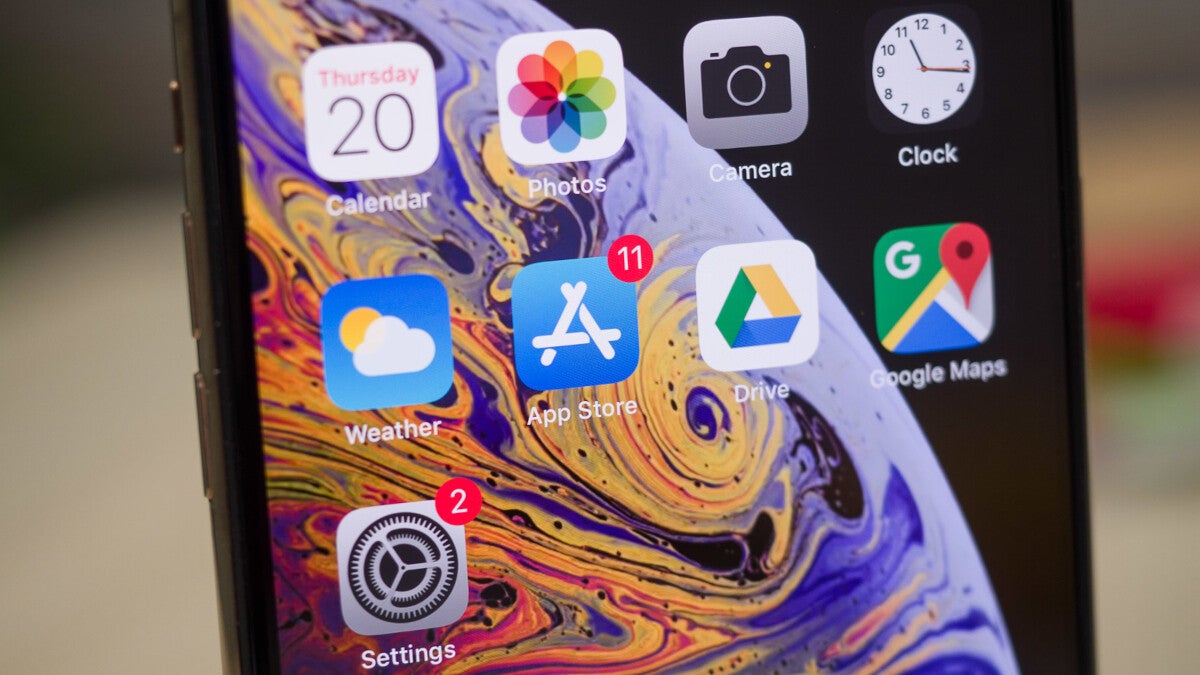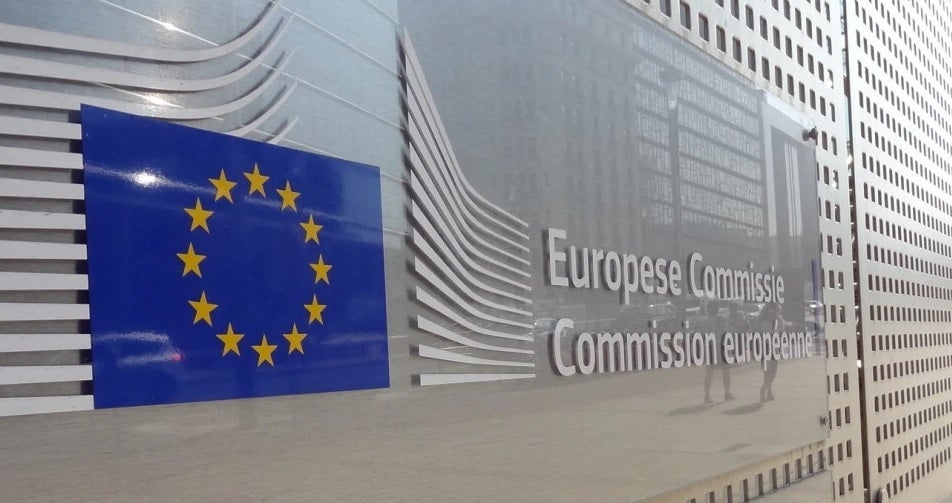Apple must comply with DMA rules about sideloading apps, in-app payments and more starting March 6th

As per Reuters, five major U.S. tech firms have agreed that they meet the European Union's (EU) criteria of "gatekeeper" which means that they are subject to tougher rules. The U.S. tech companies that are gatekeepers include Amazon, Apple, Google, Facebook-parent Meta, and Microsoft. Also considered to be gatekeeper companies in the EU are Samsung and TikTok parent ByteDance. The latter firm didn't agree that it belonged in this classification. Online travel agency Booking.com said that it will be considered a gatekeeper tech firm next year.
Apple, Google, Amazon, Meta, Microsoft, Samsung and ByteDance are considered gatekeepers under the DMA
The reason why it is important whether or not a company is classified as a gatekeeper has to do with the EU's Digital Markets Act (DMA) which took effect in November. Under the terms of the DMA, companies with more than 45 million monthly active users and a market cap of 75 billion euro ($82 billion) and higher are gatekeepers. As such, the DMA requires these firms to allow their messaging apps to work with rival messaging platforms, and allow consumers to decide which apps will be pre-installed on their devices.
Gatekeeper companies including Apple and Google will not be allowed to favor their own services and apps over those belonging to rivals and users cannot be prevented from deleting apps pre-loaded by gatekeeper companies on their own devices. Companies that fail to follow the DMA can be fined up to 10% of their annual global revenue. In Apple's case, based on its fiscal 2022 worldwide revenue, Apple could face a fine of $39 billion for failing to comply with DMA rules.
In theory, the DMA could force Apple to allow third-party app stores on the iPhone and also force the company to allow iPhone users to sideload apps from third-party iOS app storefronts. Apple has always said that its walled garden is necessary so that it can watch over all apps downloaded on its devices to reduce the chances that an iPhone or iPad user is loading malware on his/her phone or tablet.
The DMA could force Apple to stop demanding that developers send their customers to Apple's in-app payment platform
The DMA also could prevent Apple from forcing developers to use its payment system for processing in-app payments and subscriptions. Apple gets a cut of up to 30% on payments that it processes. While Google also takes a similar cut on in-app payments made through its payment processing platform, the company does allow apps to be sideloaded on Android.

The EU's Digital Market Act is going to make major changes to the mobile industry in parts of Europe
The gatekeeper companies will provide the EU with data by September 6th, which will confirm whether they meet the designation. If so, they will have another six months, until March 6th, to comply with the rules. EU industry chief Thierry Breton says, "Europe is completely reorganizing its digital space to both better protect EU citizens and enhance innovation for EU startups and companies."
ByteDance says that it should not be considered a gatekeeper. While it does meet the qualitative qualifications of a gatekeeper, the Chinese social media company says that it doesn't meet the requirement calling for it to be an "unavoidable platform to conducting online business in the EU" and to be an "entrenched" gateway between consumers and businesses. Booking.com says that it will meet the qualifications to be labeled a gatekeeper by the end of the year.
Keep in mind that the DMA will only cover devices, apps, and services being purchased in one of the EU member countries. Of course, the U.K. left the EU on January 31st, 2020 which means that devices in the U.K. are not subject to the DMA antitrust legislation. There are 27 member countries in the EU.
Follow us on Google News














Things that are NOT allowed:
To help keep our community safe and free from spam, we apply temporary limits to newly created accounts: